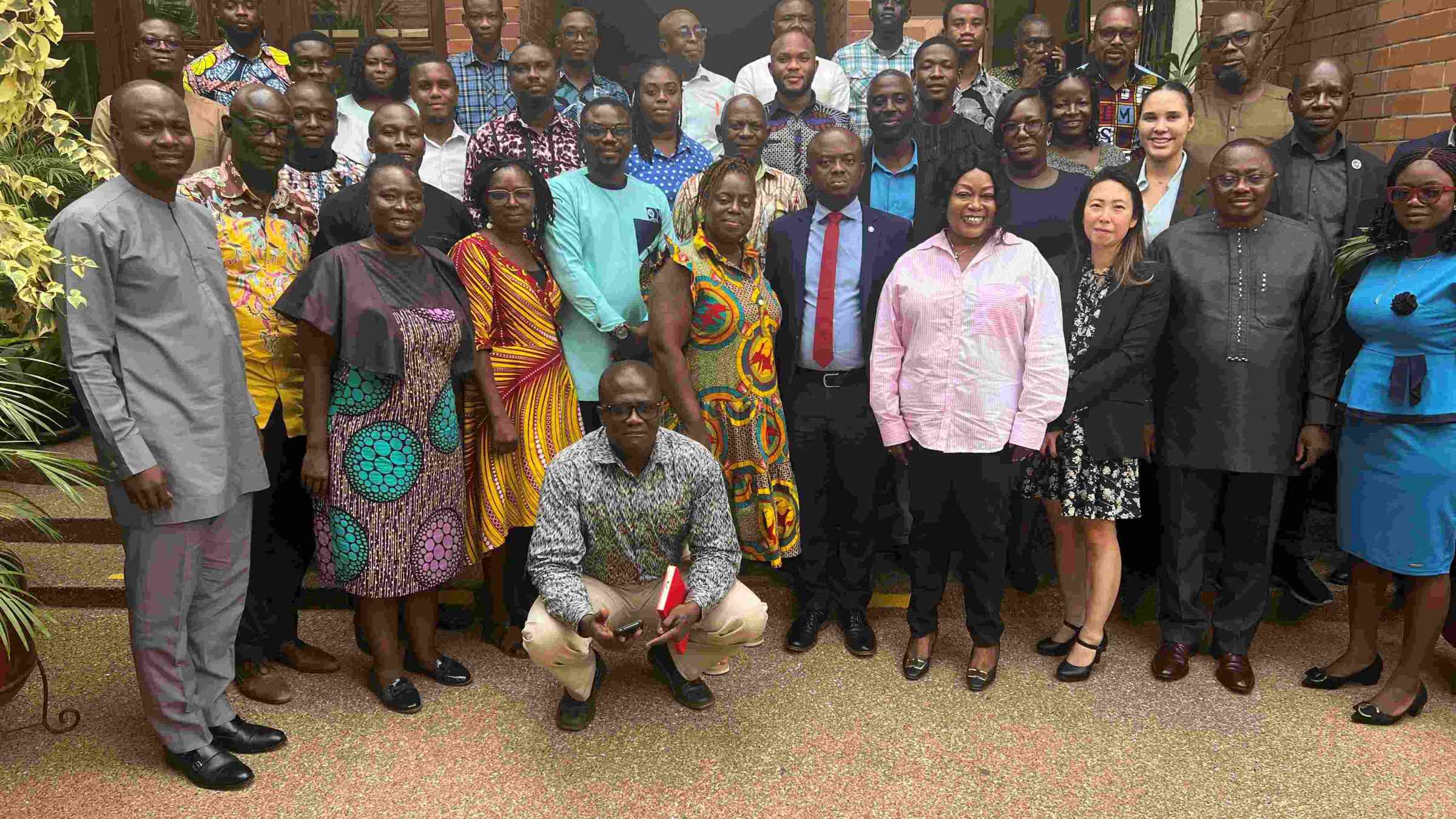Ghana demonstrating a strong commitment for enhancing infrastructure resilience

The United Nations Office for Disaster Risk Reduction (UNDRR) in collaboration with the Ministry of Works and Housing convened a workshop with stakeholders from over 24 ministries, institutions and agencies in Ghana to discuss the need for a multisector approach to infrastructure resilience.
Over the two days, stakeholders from institutions across water, energy, transport, housing, ICT, sanitation, environment, and others came together to identify vulnerabilities in their infrastructure systems.
They benefited from the UNDRR stress testing approach to discuss how hazards impact different critical infrastructure functions and economic sectors, and they explored the cascading effects of infrastructure failures.
Participants also assessed current infrastructure practices using the Principles for Resilient Infrastructure and prioritized key actions that will enhance the country’s infrastructure resilience.
John Kissi, Chief Executive Officer for Ghana Hydrological Authority and Project Implementation Lead for Greater Accra Resilience Infrastructure and Development under the Ministry of Works and Housing emphasized that “a systems approach to infrastructure is needed or we will keep on thinking in silos and not understand the cascading impacts of how one system affects another…. Ghana is the first country in Africa to implement this approach, so we are setting the pace for others in this region and we need to show our commitment and leadership to enhancing infrastructure resilience through improved governance.”
Honorable Francis Asenso-Boakye, Minister of Works and Housing met with UNDRR and confirmed his commitment and support for enhancing infrastructure resilience through implementing this project in Ghana and looks forward to the outcomes.
Several participants throughout the workshop highlighted the need to further embed resilience into infrastructure policies, increase awareness around infrastructure resilience in local population, and ensure enforcement of key policies related to infrastructure resilience.
As for the main recommendations coming out of the workshop, they include establishing a risk and resilience platform for sharing and updating stakeholders on resilience practices and integrating resilience considerations in bids for infrastructure projects.
Building on the data and expert opinions collected during the workshop, a plan forward along with concrete actions and priorities will be presented at a final workshop to be organized in the coming months.